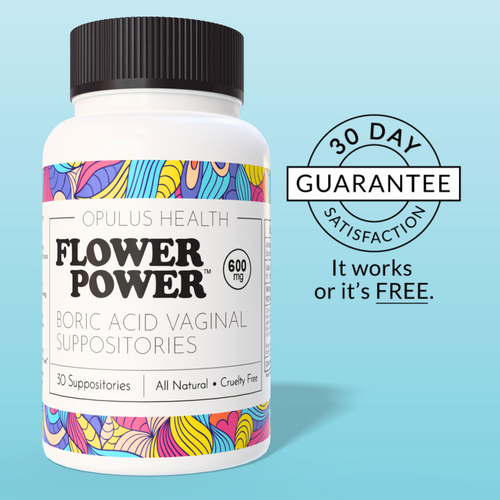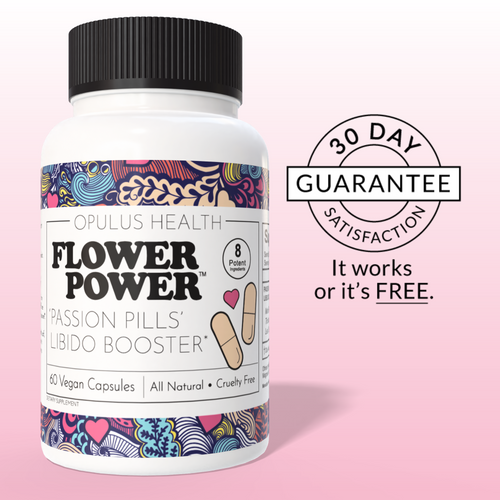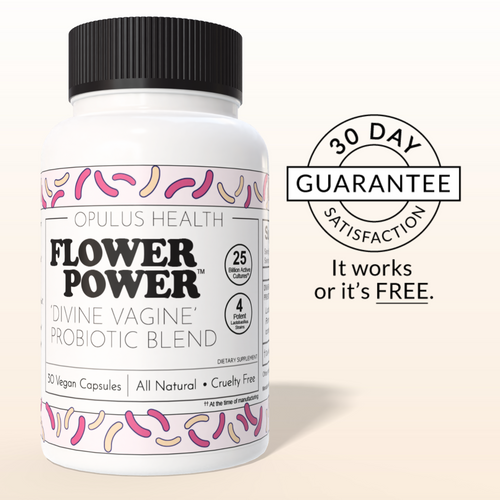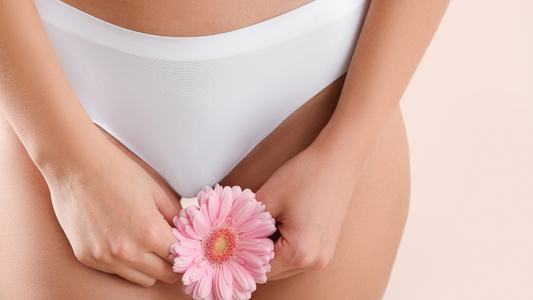Many women focus on vaginal health only when discomfort, dryness, or infections arise. Yet, the reality is that proactive care can prevent the most common issues and support long-term comfort, sexual health, and tissue integrity. Understanding how to maintain vaginal wellness before problems occur is crucial.
Prevention for long-term vaginal health is not just about hygiene—it’s a combination of lifestyle choices, dietary habits, hydration, stress management, and smart use of supplements. This article explores how everyday habits and proactive strategies can protect the vaginal lining, support natural lubrication, and promote overall well-being for women of all ages.
Understanding Vaginal Health Beyond Lubrication
The Role of the Vaginal Microbiome
The vaginal microbiome consists of beneficial bacteria that maintain a healthy pH, prevent infections, and support immune function. Disruptions in this balance can lead to conditions like bacterial vaginosis or yeast infections. Preventive care includes consuming probiotics and prebiotic-rich foods, as well as avoiding products that upset the microbiome, such as scented washes or douching.
Vaginal Tissue Resilience
Elasticity and mucosal integrity are essential for long-term comfort. A healthy vaginal lining not only provides natural lubrication but also protects against friction, irritation, and infections. Supporting tissue resilience can prevent chronic dryness, tearing, or sensitivity later in life.
Hormonal Balance and Preventive Care
Hormones like estrogen play a key role in vaginal health by supporting mucosal thickness and natural lubrication. While menopause can lower estrogen, women of all ages experience hormonal fluctuations due to stress, pregnancy, or medications. Preventive strategies—including diet, supplements, and lifestyle adjustments—help maintain hormonal balance and preserve vaginal tissue function.
Daily Preventive Habits for Vaginal Health
Gentle Hygiene Practices
Over-washing, harsh soaps, and scented products can disrupt the natural balance of the vagina. Instead, opt for mild, pH-balanced cleansers and limit washing to external areas. Avoid douching, which can lead to irritation and increase infection risk.
Nutrition and Hydration for Mucosal Health
Hydration is critical for maintaining natural vaginal lubrication. Aim for at least 8 glasses of water per day. Nutrient-rich foods such as salmon, flaxseeds, nuts, and leafy greens provide omega-3 fatty acids, antioxidants, and amino acids that nourish mucosal tissues and support elasticity.
Clothing and Lifestyle Considerations
Tight synthetic clothing and non-breathable underwear can trap moisture and create a favorable environment for bacteria. Cotton underwear and loose-fitting garments reduce irritation and allow the skin to breathe. Regular physical activity also improves circulation, supporting tissue health.
Stress Management
Chronic stress can disrupt hormone levels, leading to dryness and discomfort. Mindfulness practices, yoga, meditation, and adequate sleep are preventive measures that support vaginal health from a hormonal perspective.
Proactive Strategies to Prevent Vaginal Dryness and Irritation
Natural Moisturization Techniques
Internal hydration can be supported through water-based supplements or nutrient-rich diets. External moisturizers can provide immediate relief while internal strategies support long-term tissue hydration.
Regular Gynecological Checkups
Routine checkups allow for early detection of infections, tissue changes, or hormonal imbalances. A gynecologist can guide preventive care, recommend hormone-free supplements, and monitor vaginal pH.
Safe Sexual Practices
Condom selection, lubrication during intercourse, and post-activity hygiene help minimize irritation and prevent micro-tears, which can compromise tissue integrity and lead to infections.
Emerging Preventive Tools and Supplements
As science and wellness practices evolve, new tools and supplements are becoming available to help women proactively support vaginal health. These emerging preventive strategies go beyond traditional hygiene and diet, targeting internal hydration, tissue resilience, and microbiome balance.
By integrating these innovative options, women can maintain long-term comfort, reduce the risk of dryness or irritation, and enhance overall vaginal wellness.
-
Non-Hormonal Supplements: Supplements containing Slippery Elm Bark, amino acids, and essential minerals support vaginal tissue hydration and mucosal health without hormones. Products like She Juicy promote consistent internal hydration and reduce chronic dryness over time.
-
Vaginal pH Testing and Self-Care Technology: At-home testing devices allow women to monitor pH and detect imbalances early. Proactive tracking helps prevent infections and guides supplement or lifestyle adjustments.
-
Integrative Approaches: Combining nutrition, gentle topical care, hydration, stress management, and natural supplements provides a holistic approach to maintaining long-term vaginal health.
Frequently Asked Questions (FAQs)
How often should I have gynecological checkups for preventive care?
Routine annual visits are recommended, though frequency may vary based on age, sexual activity, and individual risk factors.
Can lifestyle changes really prevent vaginal infections or dryness?
Yes. Proper hydration, nutrition, stress reduction, breathable clothing, and mindful sexual practices can significantly reduce risk.
Are non-hormonal supplements effective for long-term vaginal health?
Absolutely. Ingredients like Slippery Elm Bark, amino acids, and minerals support internal hydration and mucosal integrity without hormones.
How does stress impact vaginal health, and what can I do about it?
Chronic stress can disrupt hormonal balance, leading to dryness or irritation. Mindfulness, exercise, and sufficient sleep help maintain optimal vaginal function.
Take Charge of Your Vaginal Health Today
Prevention is the cornerstone of long-term vaginal health. By adopting daily habits that support hydration, tissue resilience, and microbiome balance, women can reduce the risk of dryness, irritation, and infections while enhancing sexual comfort.
Start today by:
-
Maintaining proper hydration and a nutrient-rich diet.
-
Practicing gentle hygiene and wearing breathable clothing.
-
Scheduling regular gynecological checkups.
-
Managing stress and prioritizing self-care.
Taking these proactive steps ensures that your vaginal health remains strong and comfortable for years to come. Share this guide, discuss it with your gynecologist, and empower your long-term wellness journey.

















